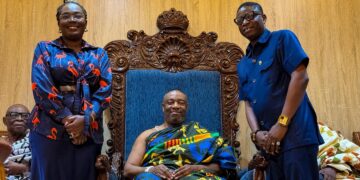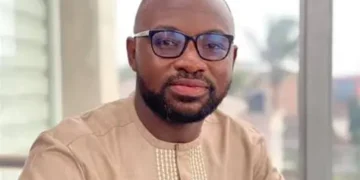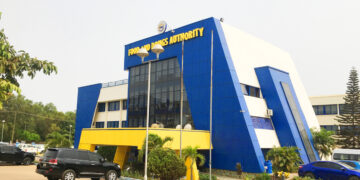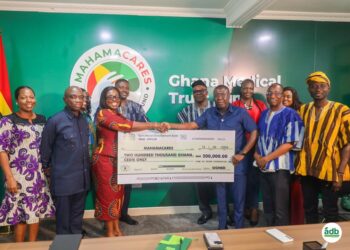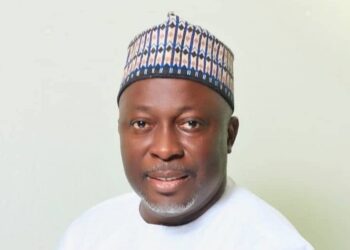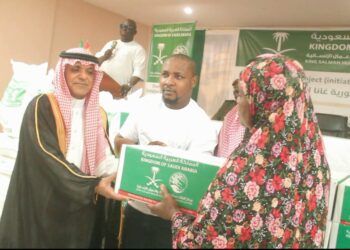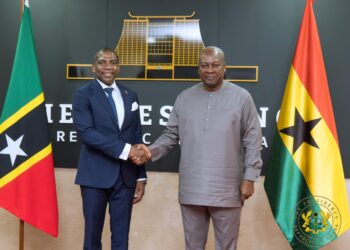Speaker of Parliament Alban Bagbin has reaffirmed plans to introduce the use of local languages during parliamentary proceedings, as part of efforts to promote inclusivity and preserve Ghana’s rich cultural heritage.
During the launch of the Open Parliament Action Plan, Mr. Bagbin underscored the importance of incorporating Ghanaian languages into national discourse to deepen citizen engagement and foster greater connection between Parliament and the people.
This is not the first time the Speaker has advocated for the use of local languages in Parliament.
He believes the move is a significant step towards safeguarding Ghana’s indigenous languages, some of which are at risk of extinction.
The introduction of local languages on the floor of Parliament is part of a broader agenda to make legislative processes more accessible and relatable to the ordinary Ghanaian.
Speaking at the launch, he explained that the necessary legal framework for this initiative already exists under Order 63 of the revised Standing Orders, which permits Members of Parliament (MPs) to speak in their mother tongue, provided they can offer a translation in English for the benefit of all present.
To ensure smooth implementation, Speaker Bagbin revealed that language experts will soon be recruited to serve as interpreters during parliamentary debates.
“No society develops with the language of another society. So, we have to get that terminology we are talking about in place. We want our language to be heard on the floor. So, we are going to start very soon.
He added: “Very soon, we will employ experts in these languages to come and support us as translators.”
“It is captured in our standing orders for all MPs to use their mother tongue, so long as they can symphoniously translate into the official language of English,” he said.

